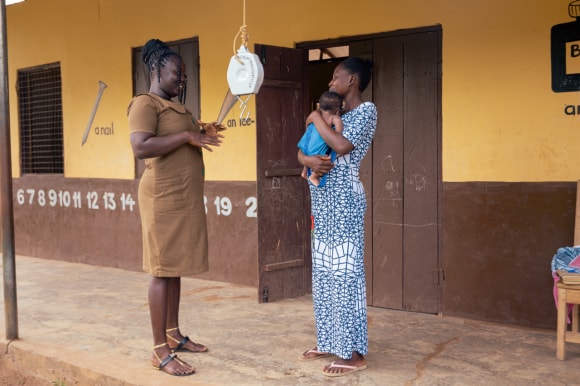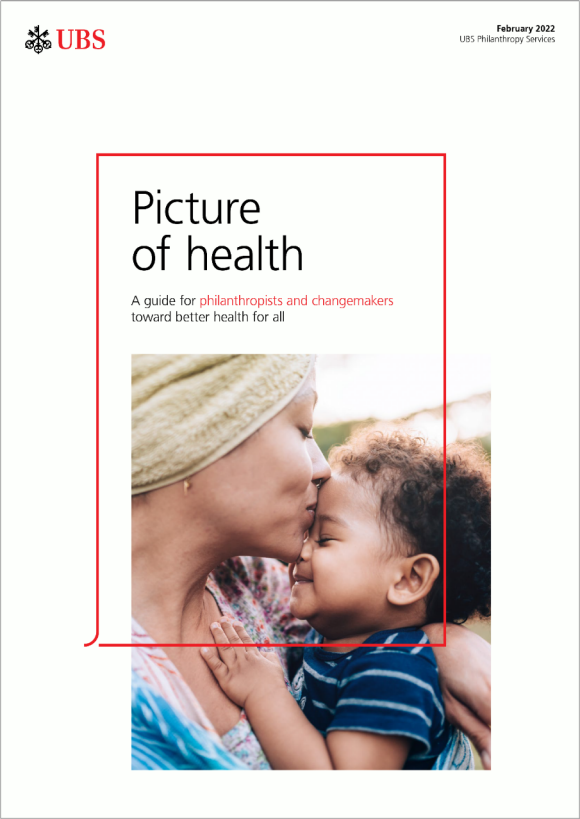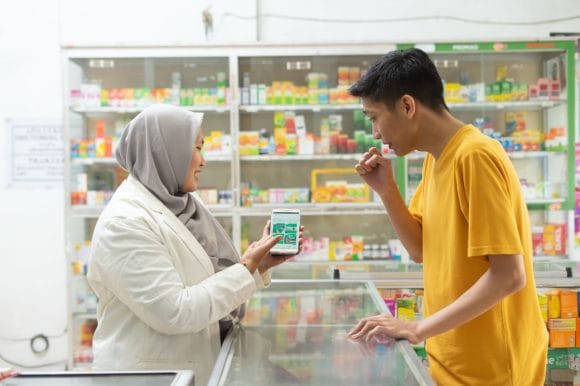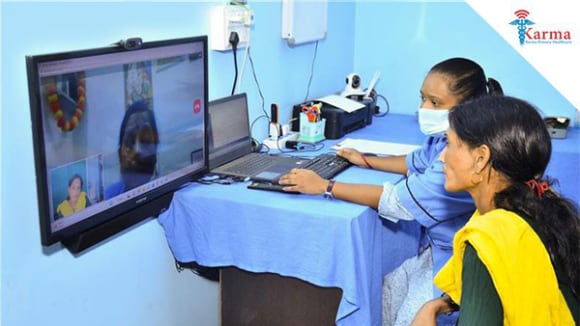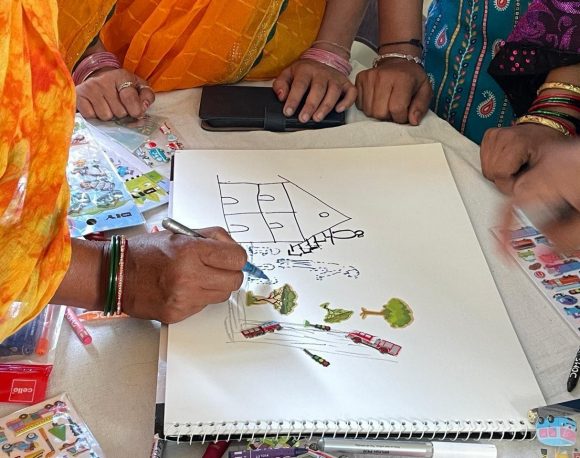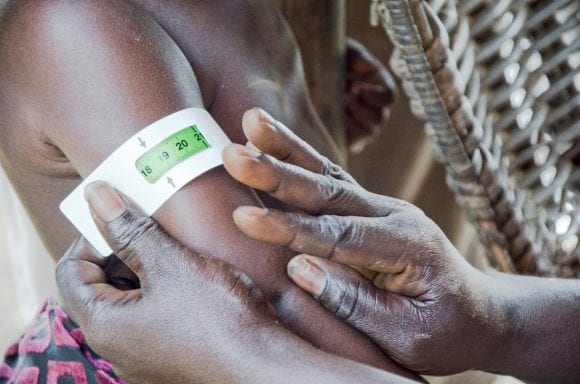Health is at the heart of all prosperity
Without health, all other advancement is largely irrelevant. Children and young people need to be healthy to learn, realize their potential and thrive later as adults. Well-functioning, patient-centered health systems are an integral part of fighting poverty and promoting a thriving economy. Health inequities lead to avoidable death and disability, especially among the poorest and most marginalized populations. Therefore, contributing to child health is both a moral and economic imperative.
Despite this, half of the world’s population lack access to essential health services.1 Sub-Saharan Africa has the highest child mortality rate in the world, in some places 15 times higher than in high-income countries.2 And wealth can also determine access to healthcare within countries and individual cities.
Let’s look at how we can improve the health and well-being of the most vulnerable children and turn them into adults who will help their societies grow.
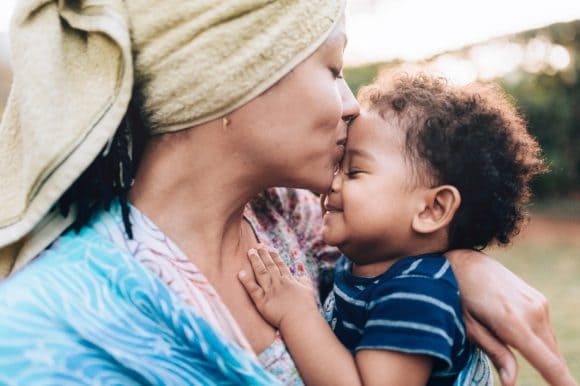
The challenges we face
Bridging distances
3.16 billion people cannot reach a healthcare facility by foot within one hour.3
Raising quality
Quality of care has eclipsed access as a driver of survival, it is the key to addressing persistent maternal and child mortality.4
Building trust
Mistrust of the health system and social and gender norms inhibit access to care.
Reducing costs
Out-of-pocket health spending dragged 344 million people further into extreme poverty.5

Taking action
UBS Optimus Foundation has supported organizations working in the primary healthcare space for over a decade. We build on strong partnerships to cultivate a portfolio of grants and investments with high potential for impact at scale.
The health portfolio aims to scale quality primary healthcare that improves the health of the world’s most vulnerable communities, especially children and mothers. Our work is grounded in the belief that quality primary care holds the greatest potential to improve child and maternal health outcomes, achieve better health equity, and provide more holistic care in a cost-effective way. Affordable primary addresses up to 90% of a person’s healthcare needs over their lifetime and an estimated 60 million deaths in low- and middle-income countries can be averted by scaling up access to quality primary healthcare by 20306.
We look for innovative, patient-centered, integrated primary care delivery models that address a wide range of health needs across the continuum of care – with the aim to scale through government institutionalization or monetization of services. Therefore, we deploy our philanthropic capital flexibly using a wide range of investment tools across the impact spectrum.
Want to learn more?
Want to learn more?
Want to learn more about how to have an impact towards better health for all? Download the guide Picture of health to read more about the issues and solutions, and learn from experts and other philanthropists. Inside, you’ll find concrete tips on how to improve our health system, enable the workforce, prevent the next pandemic, conduct sustainable finance solutions and much more.
Our priority areas
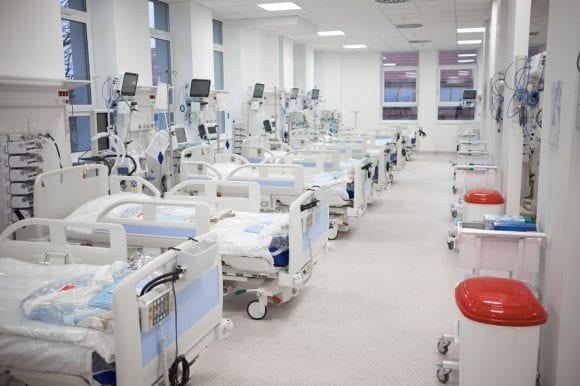
Access to quality primary healthcare
Scaling up quality, affordable primary healthcare holds the greatest potential to improve children’s and mother’s health, leading to reduced rates of under-five, neonatal, and maternal mortality. We are focusing on patient-centered care and prioritize integrated and data-driven primary healthcare models that address a wide range of health needs across the continuum of care.

Mental health
The UBS Optimus foundation is developing a comprehensive social impact strategy for mental health, with plans to launch the foundation initiative by the end of 2024. In alignment with UBSOF’s thematic priorities – health, education and climate – your philanthropy funds can help address key challenges in global mental health so that young people and their families can thrive in communities where mental health challenges are understood and managed effectively
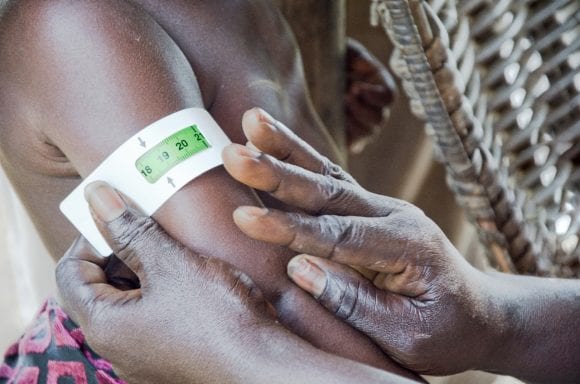
Special initiative: Pediatric cancer
In collaboration with UBS Global Wealth ManagementHomepage of global wealth management UBS Optimus Foundation is a beneficiary of the Oncology Impact Fund I and II (OIF). We are supporting a strategic portfolio of programs to sustainably address the biggest barriers to access to diagnosis and treatment in lower-income countries, i.e. lack of pediatric oncology specialists and cost of treatment.
Our approach
Problems
Lack of access to basic quality primary healthcare
1. Low-quality care provided in primary facilities
- Lack of trained and motivated personnel, essential medicines and supplies, and even electricity and running water
- When patients anticipate receiving low-quality care, they avoid the system altogether
- Quality of care is difficult to measure due to lack of uniform standards and metrics
Solutions
1. Patient centricity
Focusing on patient-centered care and monitoring of patient experience, fostering trust in the healthcare system to improve utilization, treatment adherence, and health outcomes.
2. Integrated care
Prioritizing integrated and data-driven primary healthcare models that address a wide range of health needs across the continuum of care.
Outcomes
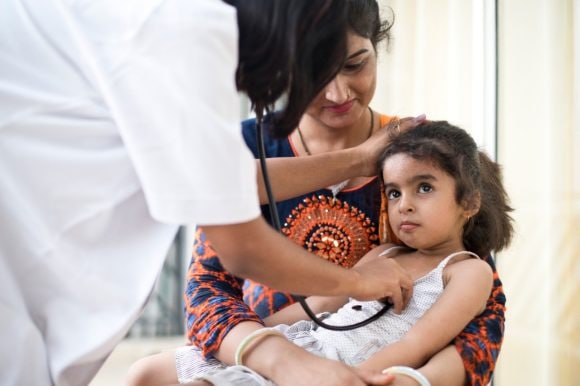
Primary healthcare holds the greatest potential to improve children’s health
1. Increased affordability of patient-centered care
Our impact
For over more than ten years our programs have helped increase access to healthcare and improve the quality of health services in communities, clinics, and hospitals. In 2023, our health portfolio includes:
- 0 millionindividuals reached
- 0countries
- 0health facilities supported
- 0 millionUSD grant / social investments value
Our programs
Get inspired
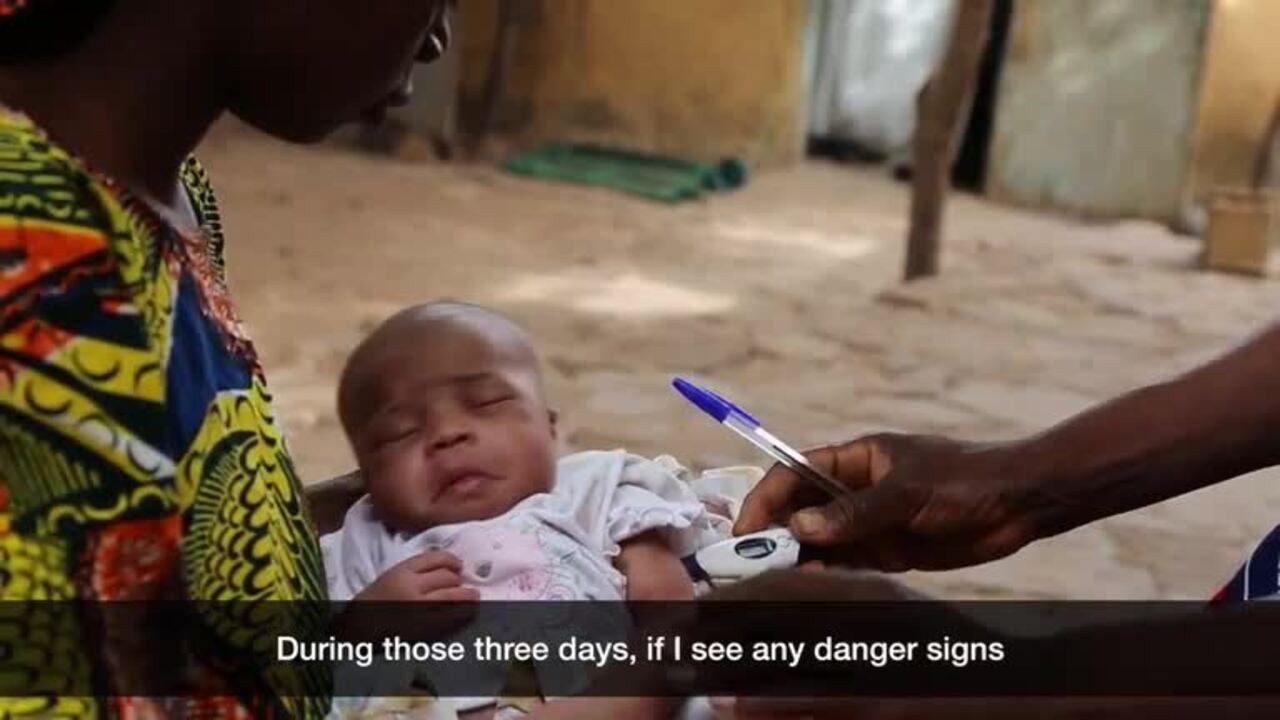
Ari Johnson, CEO, Muso
With Muso’s proactive care model, community health workers (CHWs) are the frontline changemakers. CHWs go door-to-door to search for patients and connect them to lifesaving services. Muso designed and built 360º Supervision, to assess and support CHWs from multiple angles: interviews with patients, direct observation, dashboard analytics, group supervision and 1:1 coaching. Detailed cost estimating of 360º Supervision shows that this strategy is scalable at a low cost. Unique to the Muso supervision model are solo visits by the supervisor to patient homes to collect patient feedback on the CHW and verify CHW reporting.
Muso is a UBS Optimus Foundation partner.
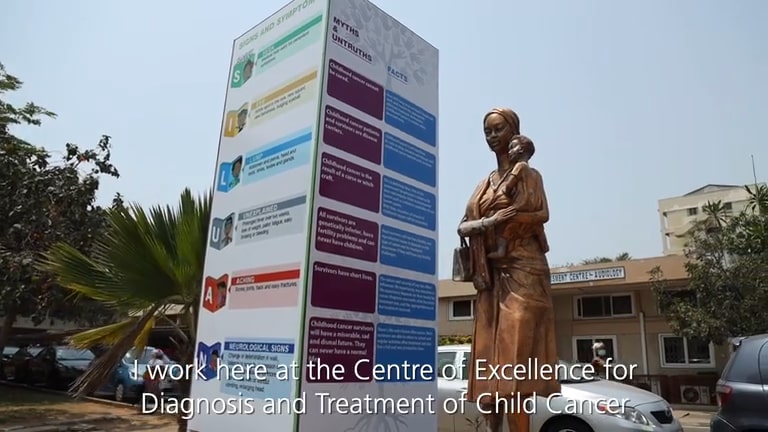
Meet Angela from the Korle Bu Teaching Hospital in Accra.
We have been working with World Child Cancer and their partner Korle Bu Teaching Hospital’s Centre of Excellence in Ghana to support them in transforming child cancer care. Learn how by spending a few minutes with Augusta Asiedu-Lartey, a Child Life Specialist, as she shares more about her daily work looking after the mental and physical wellbeing of children and their caregivers during treatment there.
World Child Cancer is a UBS Optimus Foundation partner.
Meet our team

Marissa Leffler (right) and Cédrine Gisin (left) lead health investments across the UBS Optimus Foundation ‘capital stack’ including grantmaking, debt and equity, and outcomes-based financing instruments. They set the Foundation’s investment strategy and cultivate a portfolio to contribute towards measurable impact on children’s health. The team also co-leads the Foundation’s Emergency Response efforts with the aim of providing immediate relief and supporting longer-term recovery for children affected by humanitarian crises.
Prior to UBS, Marissa spent over 10 years at the U.S. Agency for International Development (USAID), where she most recently served as the Innovation Team Leader in the Global Health Center for Innovation and Impact, a center of excellence established to accelerate the development, introduction, and scale up of priority global health interventions. Marissa also has a Master’s degree in Public Policy from the Harvard Kennedy School.
Prior to UBS, Cédrine spent over two years in the life science industry. At Novartis, she most recently worked in Corporate Responsibility Strategy. She graduated from the University of St.Gallen with a Master's degree in Business Innovation. During her studies she conducted research on scaling mobile health innovations in low and middle income countries.
Want to learn more?
Guide
Better health for all

Want to learn more about how to have an impact towards better health for all? Download the guide to read more about the issues and solutions, and learn from experts and other philanthropists. Inside, you’ll find concrete tips on how to improve our health system, enable the workforce, prevent the next pandemic, conduct sustainable finance solutions and much more.
Article
Closing the pediatric cancer survival gap
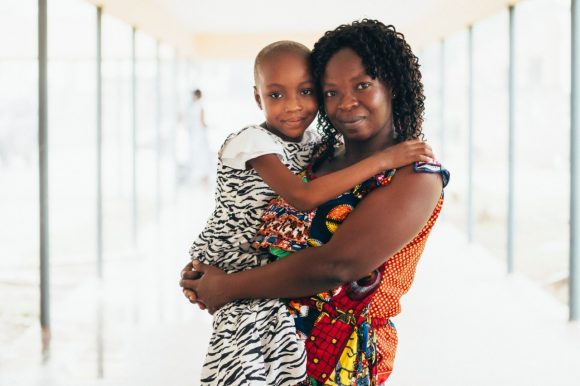
A conversation with World Child Cancer
When an organization such as World Child Cancer receives support, it initiates a chain that touches numerous lives, potentially for generations. Learn more in this articleArticle on World Child Cancer.
Support our partners
Get in touch with us for more information on how to get involved and support our partner programs.


